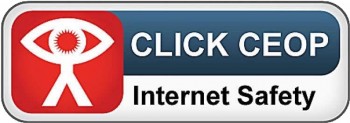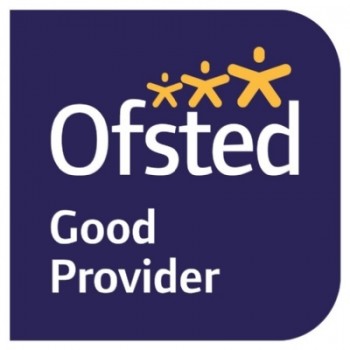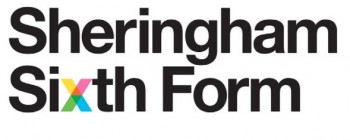In Year 10, all students start on their GCSE programme of study in either AQA Trilogy Combined Science, in which students achieve two GCSEs, or choose the option that is referred to as Triple Science. This involves separate AQA Biology, AQA Chemistry and AQA Physics GCSE courses, with each being awarded a separate GCSE. Both programmes culminate in exams at the end of Year 11.
Students completing Combined Trilogy will be timetabled for 10 hours of Science lessons per fortnight and will usually be supported by two teachers, whereas Triple Science students have 5 lessons in each subject per fortnight, with a subject specialist teaching these lessons.
The course provides the fundamental knowledge and skills required to access GCSE examinations including links to English, maths, ICT, SMSC and career opportunities. In addition to the scientific content, there are many opportunities for students to explore how Science is relevant to academic and industrial worlds beyond High School and Sixth Form. Many of the lessons are practical based giving students the chance to develop, test and evaluate their own ideas.
Each area of study is broken down into smaller modules which are assessed using end of topic tests. Students are also required to complete the Required Practical Activities for Science. The practicals are based on the theoretical content of the lesson but include investigative and mathematical skills all of which will be examined and contribute towards 30% of the marks in the final exams.
For the Trilogy Combined Science the exams at the end of Year 11 consist of:
- Two Biology papers, each 1 hour and 15 minutes long, and comprising 70 marks each. 10% of the marks will be awarded for mathematical based questions and 30% for questions about the RPAs
- Two Chemistry papers, each 1 hour and 15 minutes long, and comprising 70 marks each. 20% of the marks will be based on mathematical questions and 30% on questions about the RPAs
- Two Physics papers, each 1 hour and 15 minutes long, and comprising 70 marks each. 30% of the marks will be based on mathematical calculation and 30% on questions about the RPAs
Each paper is worth 16.7% of the total mark
Students will sit exams at either Foundation of Higher level and questions will include multiple choice, structured questions, closed short answer and open responses.
Triple Science students will sit the following exams at the end of Year 11:
- Two Biology papers, each of 1 hour and 45 minutes, and comprising 100 marks each
- Chemistry papers, each of 1 hour and 45 minutes, and comprising 100 marks each
- Physics papers, each of 1 hour and 45 minutes, and comprising 100 marks each
The style of questions is the same as for the trilogy GCSE exams and the marks awarded for mathematical calculation and RPAs are the same as for the Trilogy exams.
Whilst Triple Science helps students to prepare for A-level, it is not essential for students to complete this option in order to do any of the A-level Sciences. Students can still do A-levels in Biology, Chemistry and Physics having completed Trilogy Combined Science GCSE. There is also a Medical Science course available with slightly lower entry requirements but which can still earn UCAS points for university entrance purposes.
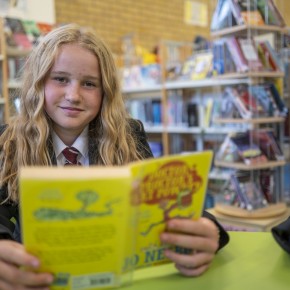
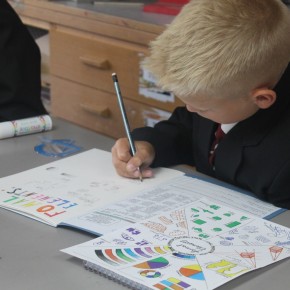
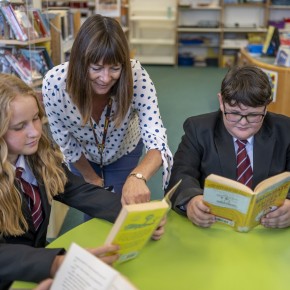
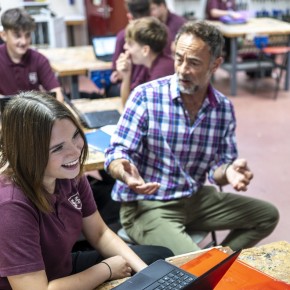

 Additionally, members have had the opportunity to visit the Natural History Museum, enriching their understanding of the natural world and its wonders. These experiences not only foster a love for STEM subjects but also encourage teamwork and problem-solving skills among students.
Additionally, members have had the opportunity to visit the Natural History Museum, enriching their understanding of the natural world and its wonders. These experiences not only foster a love for STEM subjects but also encourage teamwork and problem-solving skills among students.